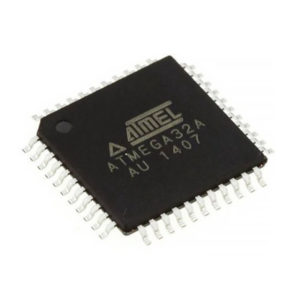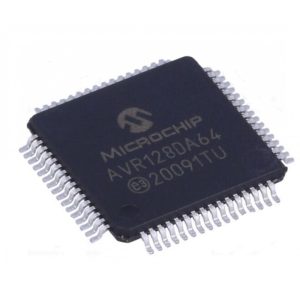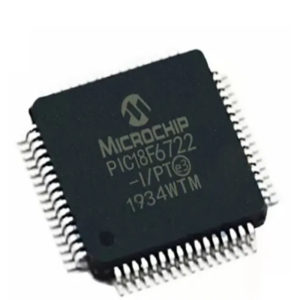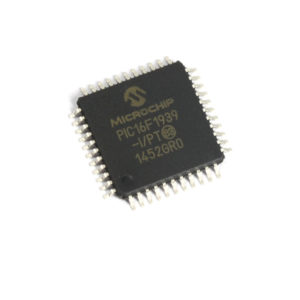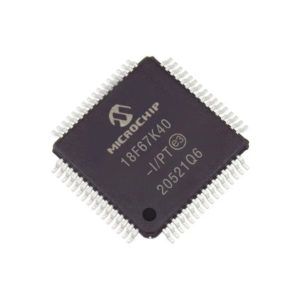10M08SAE144I7G
| Manufacturer | Altera |
| Description | IC FPGA 101 I/O 144EQFP |
| Category | Integrated Circuit |
| Package | LQFP-144 |
| Status | New & original |
| Ship From | HK/SHENZHEN |
| Stocks | 10,000 |
Please submit your BOM List or Input the part online
Description
The 10M08SAE144I7G is a specific model of FPGA (Field-Programmable Gate Array) from the MAX 10 family, manufactured by Intel (formerly Altera). This FPGA offers 8,000 logic elements and 144 user I/O pins, along with other features such as embedded memory, PLLs, and analog-to-digital converters (ADCs).
FPGAs like the 10M08SAE144I7G can be used in a variety of applications. Some common applications where this FPGA model can be utilized include:
1. Internet of Things (IoT) Devices: FPGAs are often employed in IoT devices for tasks such as sensor interfacing, data processing, and communication. They offer flexibility in implementing custom logic and can be tailored to meet the specific requirements of IoT applications.
2. Industrial Control Systems: FPGAs find application in industrial control systems for tasks such as system control, motor control, and real-time monitoring. They provide the necessary performance and flexibility to handle complex control algorithms and interface with various industrial sensors and actuators.
3. Motor Control: FPGAs are commonly used in motor control applications for tasks such as controlling the speed, position, and torque of motors. They offer precise control, high-speed processing, and the ability to interface with different motor types and feedback systems.
4. Audio and Video Processing: FPGAs can be utilized in audio and video processing systems for tasks such as digital signal processing, video encoding/decoding, and audio effects processing. They provide the computational power and parallelism required for real-time multimedia applications.
5. Prototyping and Development: FPGAs are often used for rapid prototyping and development of digital systems. They allow designers to quickly implement and test custom logic, making them suitable for hardware verification, algorithm development, and system integration.
6. Education and Research: FPGAs are extensively used in educational institutions and research laboratories for teaching digital design, implementing research projects, and exploring hardware/software co-design concepts. They provide a hands-on approach to learning and experimentation in the field of digital electronics.




















































